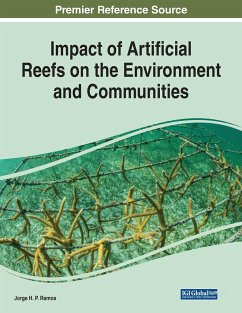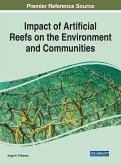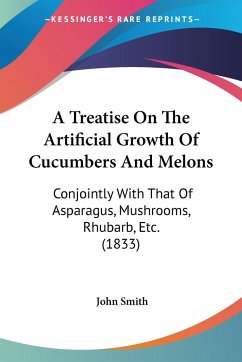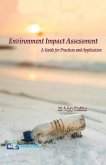Among the most important reasons that artificial reefs have been created are the protection of the seabed with macroalgae, the possibility of improving fishing, and meeting the expectations and demands of tourists. Coastal managers have realized that it is important that artificial reefs are useful to people, especially local communities, and that it is therefore important that they are promoted by government entities for various professional and leisure activity use. Coastal managers must take this into consideration when reefs are designed. They must also define the ecosystem services they promote as well as the main uses for which the reefs are created. Impact of Artificial Reefs on the Environment and Communities presents insights on the connection between artificial reefs and the tourism industry in order to encourage the sharing of experiences and development of new innovative possibilities that create value for society. It presents the experiences, testimonies, and innovations of those who work closely with artificial reefs. Covering topics such as computational fluid dynamics, dive tourism, and Industry 4.0, this book is an essential resource for entrepreneurs, researchers, students and educators of higher education, coastal managers, government officials, leaders in tourism, engineers, and academicians.
Hinweis: Dieser Artikel kann nur an eine deutsche Lieferadresse ausgeliefert werden.
Hinweis: Dieser Artikel kann nur an eine deutsche Lieferadresse ausgeliefert werden.








